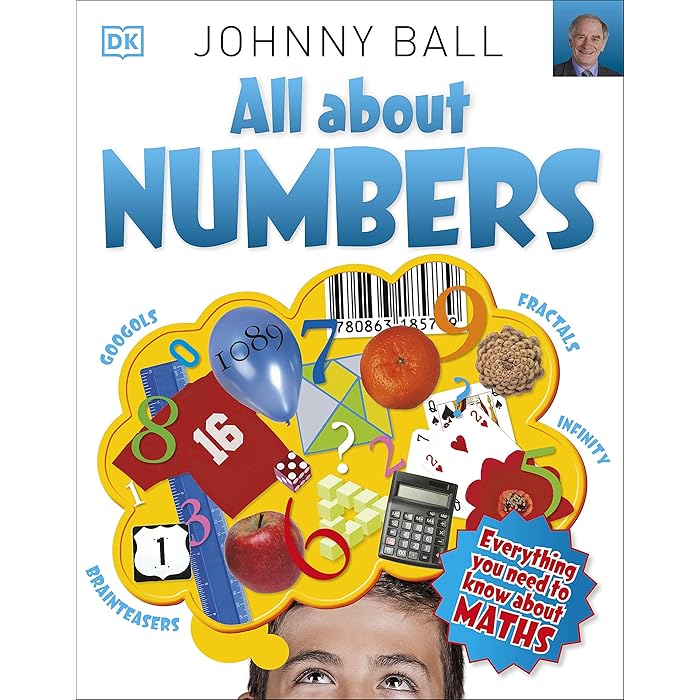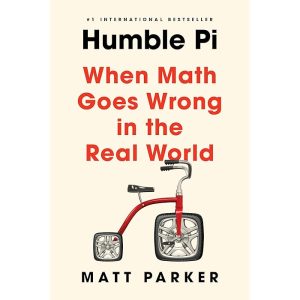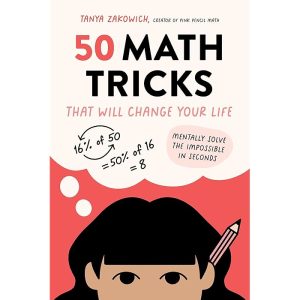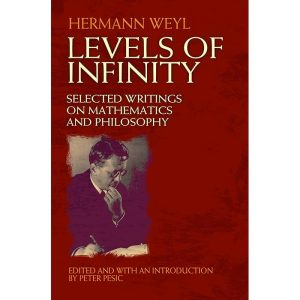Description
**All About Numbers (Big Questions)**
Numbers are everywhere and are one of the fundamental tools we use to understand and describe the world. They are the foundation of mathematics, science, economics, and much more. Let’s explore some of the *big questions* about numbers and their significance.
### 1. **What are numbers?**
At their most basic, numbers are symbols or representations of quantities. They can be used to count, measure, label, or order things. Numbers exist in different forms:
– **Natural Numbers** (1, 2, 3, …) are used for counting.
– **Whole Numbers** (0, 1, 2, 3, …) include zero.
– **Integers** (-3, -2, -1, 0, 1, 2, 3, …) extend whole numbers to include negative values.
– **Rational Numbers** (1/2, 3/4, 5, -2) represent ratios of integers.
– **Irrational Numbers** (√2, π, e) cannot be expressed as fractions and have non-repeating, non-terminating decimal expansions.
– **Real Numbers** include both rational and irrational numbers, representing any point on the continuous number line.
– **Complex Numbers** (a + bi) extend real numbers to include imaginary units (i, where i² = -1).
### 2. **Why are numbers so important?**
Numbers are crucial in helping us:
– **Count and quantify:** From the number of apples in a basket to the population of a country, numbers allow us to count and categorize things.
– **Measure:** Length, weight, time, and temperature are all measured using numbers, helping us quantify physical properties.
– **Describe patterns:** In nature, mathematics, and even art, numbers help us identify repeating patterns, symmetries, and structures.
– **Make predictions and decisions:** Whether in economics, weather forecasting, or machine learning, numbers form the foundation of models that predict future events.
### 3. **What is the significance of 0?**
Zero is one of the most revolutionary concepts in the history of mathematics. It represents nothing, but it also serves as a placeholder and is essential in our positional number system. Without zero, we wouldn’t be able to differentiate between numbers like 10 and 100, or even perform complex arithmetic.
The concept of zero was developed in ancient civilizations like the Babylonians, Indians, and Mayans, but it wasn’t universally accepted until much later in history.
### 4. **What is infinity, and does it really exist?**
Infinity is not a “number” in the traditional sense but rather a concept that represents something that goes on forever without end. In mathematics, infinity is used to describe processes that have no limits, like the number of points on a line, or an endlessly repeating decimal.
There are also different sizes of infinity, such as the **countable infinity** of natural numbers (1, 2, 3, …) and the **uncountable infinity** of real numbers, which is “larger” in a certain mathematical sense.
Despite being a concept and not a specific number, infinity plays a crucial role in calculus, set theory, and cosmology.
### 5. **What’s the difference between real and imaginary numbers?**
– **Real numbers** are those that can be found on the number line, including both rational and irrational numbers.
– **Imaginary numbers** are numbers that cannot be located on the real number line. The most famous imaginary number is **i**, which is defined as the square root of -1. Imaginary numbers are used in the context of complex numbers, which combine a real part and an imaginary part.
Imaginary and complex numbers have surprising applications in physics, engineering, and computer science, even though they don’t have a direct representation on the “real” number line.
### 6. **How did ancient civilizations use numbers?**
Ancient cultures developed different systems of numbers to meet practical needs such as trade, construction, and astronomy:
– The **Sumerians** in Mesopotamia created one of the first written number systems, using a base-60 system.
– The **Egyptians** used a base-10 system for counting and measurements, similar to the one we use today.
– The **Romans** developed Roman numerals, which are still used in some contexts today.
– The **Maya** and **Aztecs** used sophisticated number systems based on 20, and the Maya even had a concept of zero.
### 7. **Why are prime numbers so special?**
Prime numbers are numbers greater than 1 that have no divisors other than 1 and themselves. They are considered the “building blocks” of the natural numbers because every number can be factored into prime numbers (a concept known as prime factorization).
Primes are critical in modern cryptography, particularly for securing digital communications. They are also fascinating to mathematicians because, despite their apparent randomness, they follow complex patterns and properties that are still being studied.
### 8. **What is the connection between numbers and the universe?**
Numbers are not just abstract concepts—they help us describe the physical world. Here are a few examples:
– **The Laws of Physics:** Physical constants like the speed of light (c), Planck’s constant (h), and gravitational constant (G) are numbers that govern the behavior of the universe.
– **Geometry of Space:** The shape of the universe and the orbits of planets can be understood and predicted using mathematical equations.
– **Quantum Mechanics:** At the quantum level, probabilities are described by complex mathematical formulas, involving real and imaginary numbers, that predict the behavior of subatomic particles.
Numbers are thus central to the fabric of reality, from the smallest scale of quantum physics to the largest scale of cosmology.
### 9. **What are irrational numbers, and why do they matter?**
Irrational numbers are numbers that cannot be expressed as the ratio of two integers. Their decimal expansion is non-terminating and non-repeating. Famous examples include:
– **π (pi)**, the ratio of the circumference of a circle to its diameter.
– **√2**, the length of the diagonal of a square with side length 1.
Irrational numbers are essential in many areas of mathematics and science. For instance, π is crucial in geometry, trigonometry, and calculus.
### 10. **Can we ever discover all the numbers?**
Since numbers extend infinitely in all directions—positive, negative, and even in the form of decimals—the answer is no. There are infinitely many numbers, and we can never “find” all of them. This idea of infinity is fundamental to the nature of numbers: there is always something more to explore.
—









Reviews
There are no reviews yet.